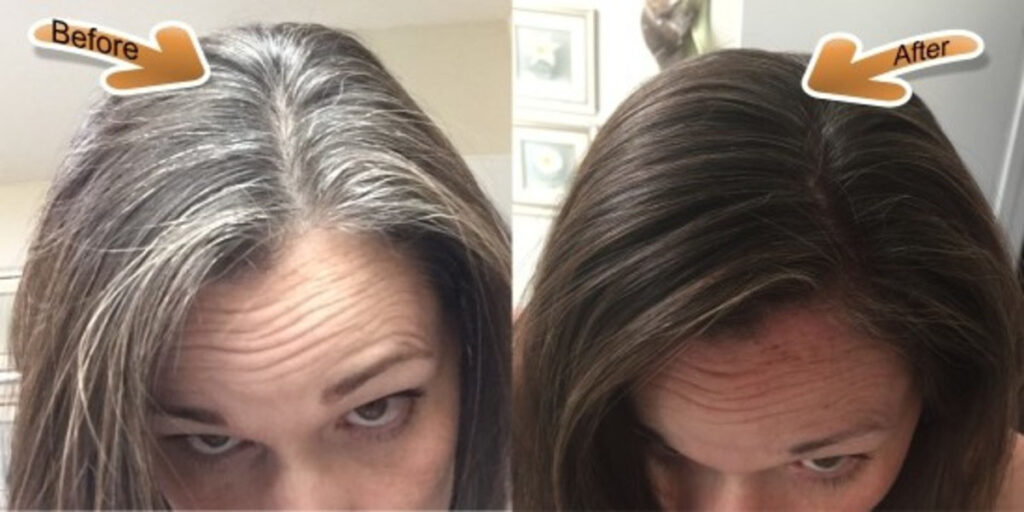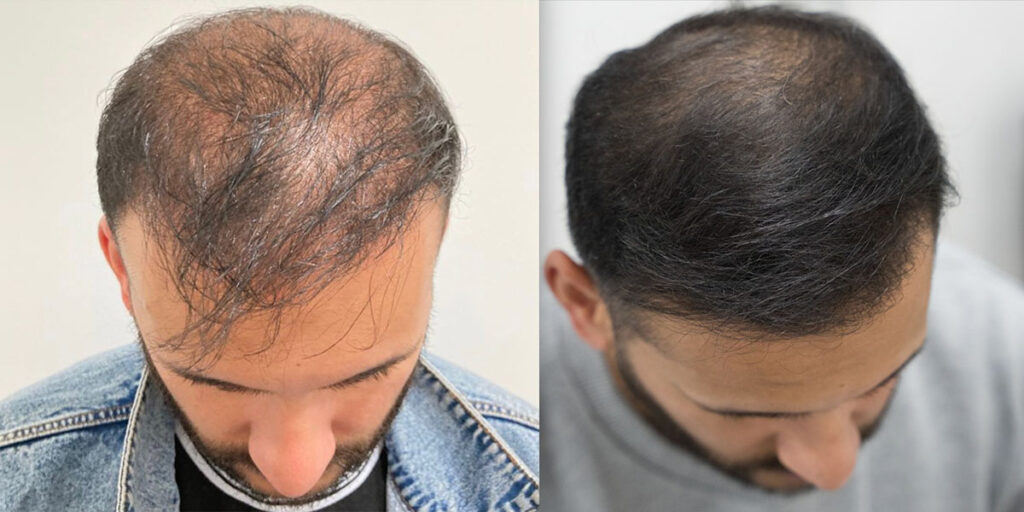hair implant side effects
Understanding the Potential Hair Implant Side Effects
When considering a hair implant procedure, it’s important to be aware of the potential side effects that may arise. By understanding the risks associated with this cosmetic treatment, you can make an informed decision about whether it’s the right choice for you.
1. Infection
One of the possible side effects of a hair implant is the risk of infection. While rare, there is a chance that bacteria can enter the implanted area, leading to inflammation, pain, and potential complications. It’s crucial to follow all post-operative care instructions provided by your surgeon to minimize this risk.
2. Scarring
Another potential side effect of hair implantation is scarring. The procedure involves making small incisions in the scalp to implant hair follicles, and scarring can occur as a natural part of the healing process. The extent of scarring varies from person to person, and it’s important to discuss this aspect with your surgeon before proceeding.
3. Allergic Reactions
Some individuals may experience allergic reactions to the materials used in hair implant procedures. This can range from mild irritation to more severe symptoms such as swelling, redness, or even difficulty breathing. It’s crucial to inform your surgeon about any allergies or sensitivities you have prior to undergoing the procedure.
4. Temporary Hair Shedding
After a hair implant procedure, it’s common for the transplanted hair to undergo a period of shedding. This happens as the implanted follicles adjust to their new environment. It’s important not to panic during this phase, as the hair will gradually regrow in its new location over time.
5. Numbness
In some cases, patients may experience temporary numbness or a loss of sensation in the scalp or the areas where the hair implants were placed. This is usually a temporary side effect and should resolve within a few weeks or months.
While these potential side effects should not deter you from considering a hair implant procedure, it’s essential to be informed and have realistic expectations. Consulting with a qualified surgeon who specializes in hair restoration will provide you with the necessary guidance and information to make an informed decision about your hair implant journey.






